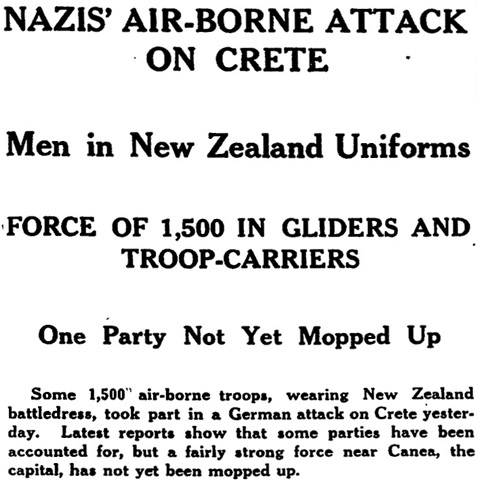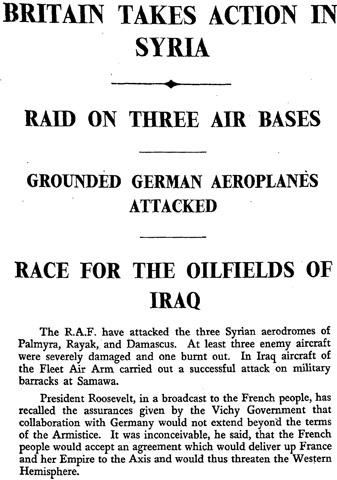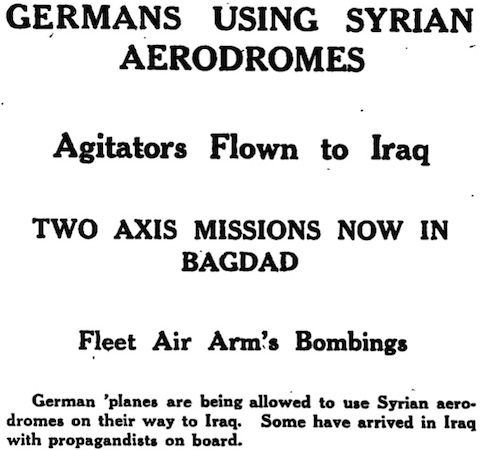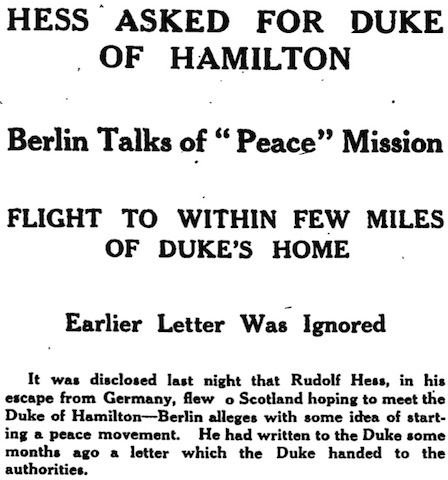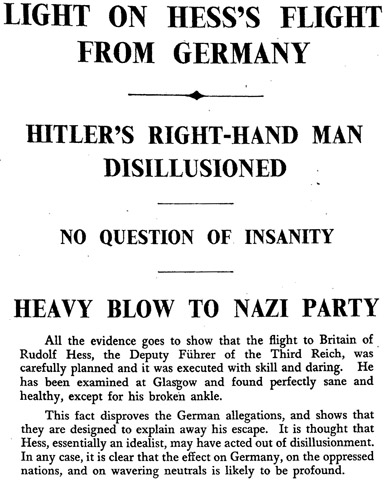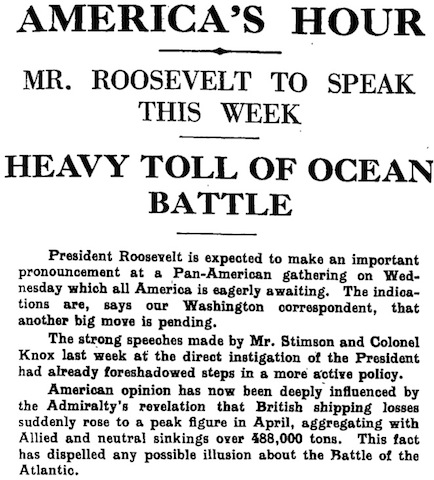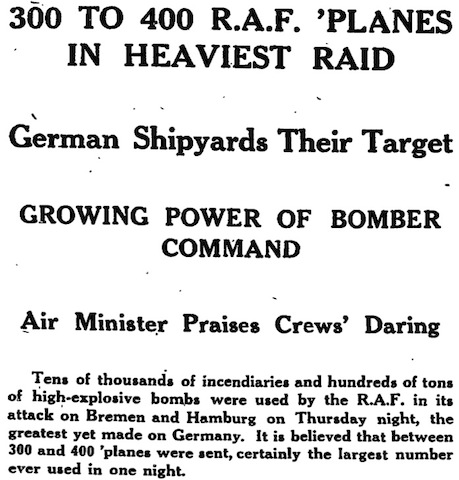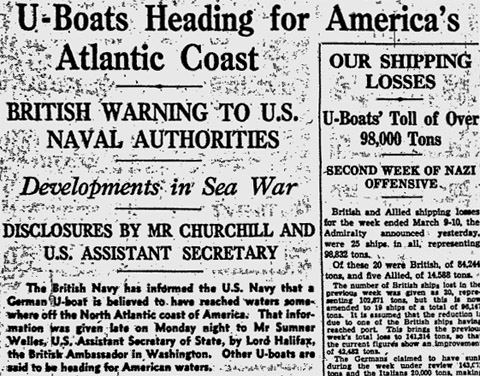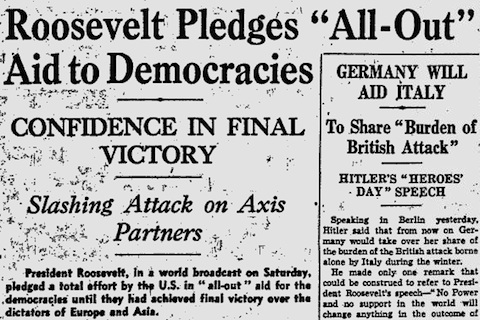Reprisals after notice
Shortly after the Blitz began in earnest, Conservative MP Victor Cazalet wrote to the editor of The Times to urge that the RAF carry out reprisals against German cities for the ‘indiscriminate bombing’ of London.1 ‘The attack on the civil population is a military weapon’, he argued. ‘Can we possibly afford to give Germany a […]


